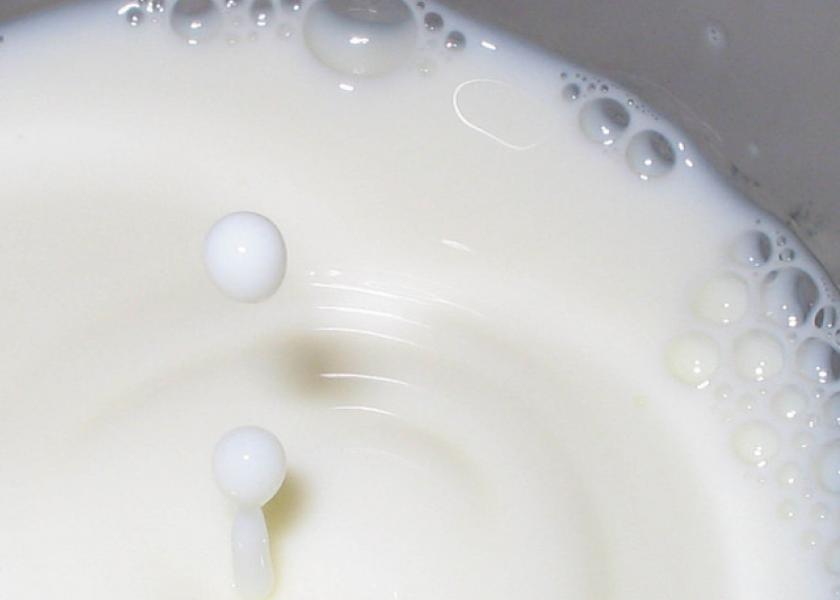Organic Milk Producers Look to Differentiate from Traditional Milk

Organic milk producers are seeking recognition from USDA that their product is distinct from traditional milk in accordance with federal law. They are specifically asking for an exemption from Federal Milk Marketing Orders (FMMO).
These orders mandate that all milk producers contribute to an industry-wide fund, designed to support conventional farmers in attaining the minimum prices set out by regulatory schemes. This plea was voiced in a letter to Secretary Vilsack on July 13, brought to attention by Politico.
The organic dairy farmers emphasized the need for consideration of an organic exemption in any forthcoming federal order hearing, citing the current system as untenable for their industry.
Adam Warthesen, representing Organic Valley, explained that this change would add minimal costs to conventional producers — three cents per hundredweight — but could result in substantial savings for the organic dairy industry, amounting to millions.
The letter highlighted the fact that organic dairy is already exempted from programs like the commodity checkoff; this program extracts fees from farmers to fund research and promotion of a particular commodity.
An expected federal hearing on dairy industry issues is set to commence before the end of July. Such hearings, which typically run for six to eight weeks, can lead to sweeping changes that impact farmers' and milk processors' earnings. This hearing will be the first in 17 years and has already led to divisions amongst the largest dairy co-operations and key industry trade groups in the nation.







